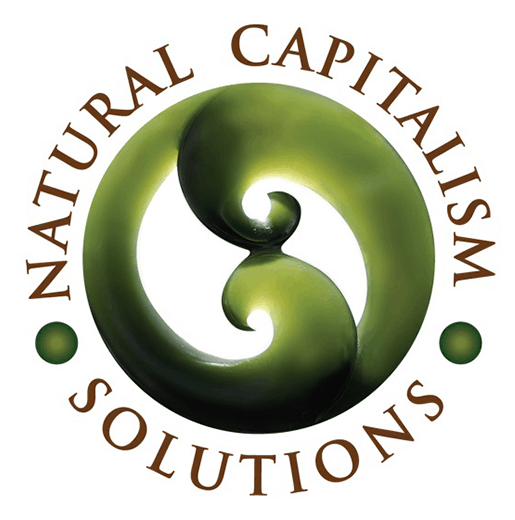| ALSO POSTED BY: Huffington Post & Think Progress 4 May 2011 |
Last February, three Republican leaders in Congress filed a brief in the U.S. Supreme Court arguing that when it comes to global climate change, judges and Justices should mind their own business.
The courts are about to get a different message. Starting on May 4, young people in the United States and several other countries will file petitions and lawsuits in an effort to force public officials into protecting us all from climate change.
The international legal intervention – the sponsors call it guerrilla law – is believed to be the first of its kind. It is being organized by Our Children’s Trust in Eugene, Oregon. It’s part of a broader campaign that will include “iMatter” marches by young people around the world May 7-14, the brainchild of 16-year-old Alec Loorz of California.
Behind these demonstrations and legal actions is a principle that goes back to Roman law: the “pubic trust doctrine”. The doctrine holds that government officials are “trustees of the commons” with a fiduciary responsibility to protect critical natural resources on behalf of present and future generations. Attorneys working on the campaign will ask the courts to rule that the atmosphere is one of those critical resources.
More concretely, the lawsuits will ask that public officials be required to create plans to return atmospheric concentrations of carbon dioxide to 350 parts per million, the level scientists such as NASA’s Jim Hansen say is necessary to avoid catastrophic climate impacts.
The court action is meant to empower young people who have the most to lose from climate change but are too young to vote. Loorz explains it this way:
Young people will be affected most by decisions that are made today and yet we can’t vote and we don’t have money to compete with lobbyists. We do, however, have the moral authority and the legal right to insist that our future be protected.
A more technical explanation of the atmospheric trust idea is included in a book being written by the author of the concept, University of Oregon law professor Mary Christina Wood. She argues:
The legal foothold for Atmospheric Trust Litigation (ATL) is the ancient public trust doctrine, which imposes a strict fiduciary obligation on government to protect natural resources in trust for the citizens. As a legal doctrine, the public trust compels protection of those ecological assets necessary for public survival and community welfare.
The judicial branch should hold government to its legal responsibilities. So far, however, though many lawsuits have been filed, none have forced the carbon reduction needed to curb runaway atmospheric heating…
What power do judges have to enforce the doctrine? Through injunctive powers, Wood says, courts won’t tell government how to lower carbon emissions, but they can insist that governments show they are meeting their bottom-line responsibility to the citizens.
Which brings us back to the U.S. Supreme Court and the three Republicans. The high court is considering American Power v. Connecticut, a lawsuit by several states and organizations that contend major emitters of carbon dioxide are a “public nuisance”. The claim was upheld by the Court of Appeals, but energy companies and the federal government have asked the Supreme Court to rule that climate policy is a “political question” that must be resolved by Congress and the President. The parties argued the case before the Justices on April 19.
The “public nuisance” and “public trust” lawsuits are different approaches to the same basic goal: to get the courts to act where policy makers and lawmakers have failed on the most important intergenerational issue of our time.
We can expect an aggressive counter-offensive by the fossil energy lobby and by members of Congress, who will claim their opposition to court intervention is a matter of principle rather than vested-interest politics. In Part 2, I’ll anticipate and offer a reality check on some of those arguments.
*****
Follow William S. Becker on Twitter: www.twitter.com/sustainabill

Leave a Reply